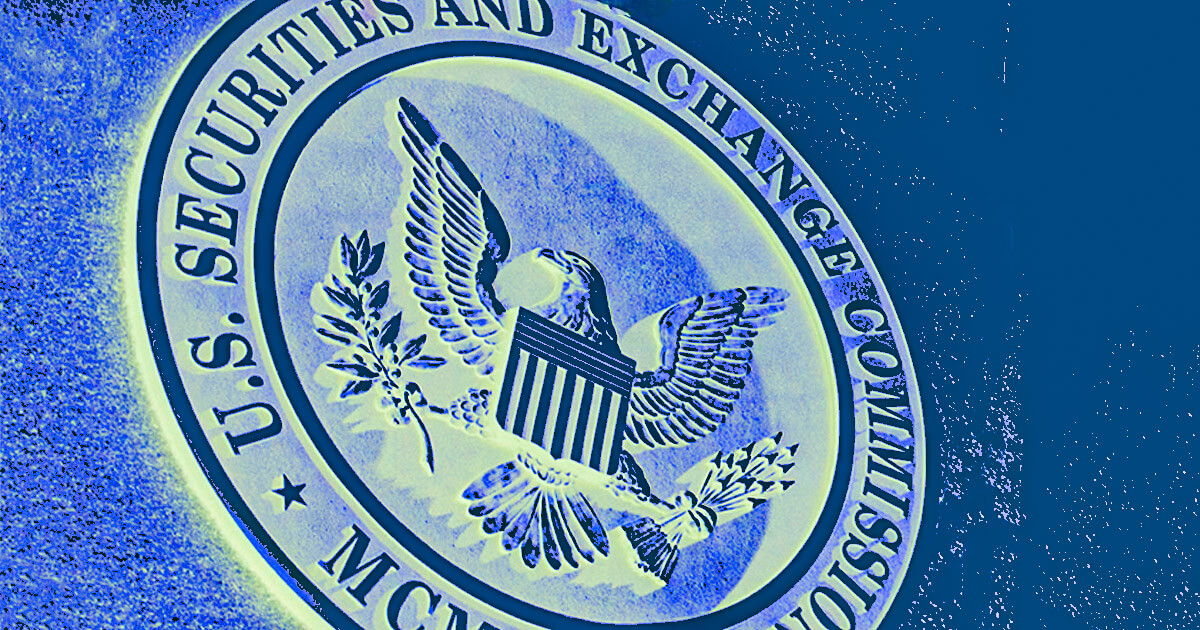
Dan Schulman is the longtime CEO of PayPal. Samuel Corum—Bloomberg/Getty Images
One of the largest payments companies in the U.S. is doubling down on crypto amid an increasingly uncertain regulatory environment.
On Monday, PayPal launched PayPal USD, a stablecoin backed by U.S. dollar deposits, short-term U.S. Treasuries, and other cash equivalencies.
Paxos, a white-label stablecoin maker that was previously under scrutiny from the Securities and Exchange Commission for its work with Binance, is the coin’s issuer.
“The shift toward digital currencies requires a stable instrument that is both digitally native and easily connected to fiat currency like the U.S. dollar,” Dan Schulman, president and CEO of PayPal, said in a statement.
Users will be able to transfer the stablecoin, an ERC-20 token on top of the Ethereum blockchain, between their PayPal and external wallets, pay for purchases at checkout with PayPal USD, and convert it into any of PayPal’s supported cryptocurrencies, which are currently Bitcoin, Bitcoin Cash, Ether, and Litecoin.
Integration into Venmo, another payment app that PayPal owns, is coming soon, per the company’s statement.
“With the launch of the first stablecoin by a leading financial institution, PayPal and Paxos are proving the real-world value of blockchain technology,” Charles Cascarilla, cofounder and CEO of Paxos, said in a statement.
PayPal’s recommitment to crypto, after it paused its stablecoin commitment in February when Paxos was reported to be under investigation by the New York Department of Financial Services, comes amid an increasingly fraught regulatory environment that’s scared away other large corporations.
The SEC has since sued a slew of crypto founders and firms, including Justin Sun of Tron, Do Kwon of TerraUSD, and crypto exchange Bittrex. And in June, the federal agency targeted the biggest exchanges in the market, Binance and Coinbase, alleging that both sold unregistered securities.
Since the regulatory crackdown, GameStop, the struggling video games retailer that had looked for renewed relevance through launching an NFT marketplace and crypto wallet, recently announced it would be ending its wallet due to “regulatory uncertainty.” Robinhood, the online stock brokerage, delisted three cryptocurrencies from its marketplace after the SEC alleged they were unregistered securities in its Binance and Coinbase lawsuits. And Revolut, a fintech firm based in the U.K. that was once valued at $33 billion, said that it was shutting off its crypto services to its U.S. users because of the “evolving regulatory environment.”
The corporate pullback makes PayPal’s stablecoin launch all the more noteworthy, especially as Congress has recently debated a bill to regulate the burgeoning stablecoin industry.
“This announcement is a clear signal that stablecoins—if issued under a clear regulatory framework—hold promise as a pillar of our 21st century payments system,” Rep. Patrick McHenry (R-N.C.), chair of the House Financial Services Committee, said in a statement.
Credit: Source link














































